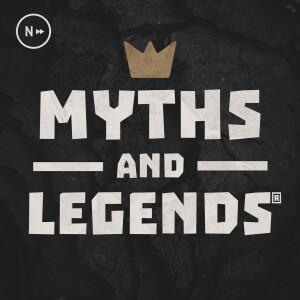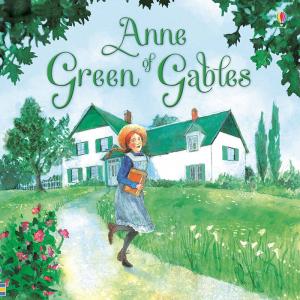

Talk (New York Review of Books)
Friendships are built on chatter, on gossip, on revelations—on talk. Over the course of the summer of 1965, Linda Rosenkrantz taped conversations between three friends (two straight, one gay) on the cusp of thirty vacationing at the beach: Emily, an actor; Vince, a painter; and Marsha, a writer. The result was Talk, a novel in dialogue. The friends are ambitious, conflicted, jealous, petty, loving, funny, sex- and shrink-obsessed, and there’s nothing they won’t discuss. Topics covered include LSD, fathers, exes, lovers, abortions, S&M, sculpture, books, cats, and of course, each other.
Suffusing the characters’ banter are the feelings of freedom, indolence, and ennui that accompany summer. But despite its summery stillness, Talk takes place at a turning point for Emily, Marsha, and Vince, who are nearing 30 and for American culture at large. The sixties are in full swing, social mores are being thrown aside, and the three friends are fully caught up in this spirit of change. Talk was ahead of its time in recognizing the fascination and significance of nonfamily ties in contemporary life. It may be almost fifty years since Emily, Vince, and Marsha spent the season in East Hampton, but they wouldn’t be out of place on the set of Girls or in the pages of a novel like Sheila Heti’s How Should a Person Be?
Praise for Talk
"Cool, astringent...something new, something beyond black humor or pop fiction." --The New Republic
"Utterly hip, utterly frank, utterly amoral." --New Haven Register
"The rawest of raw material is hashed over in detail, but with such clinical openness and enthusiasm that one is far more often delighted and stimulated than embarrassed or shocked." --James Leo Herlihy, author of Midnight Cowboy
"The three [main characters] mercilessly dissect themselves and each other. Ostensibly everything goes in, with sudden realistic swerves of attention from the state of their souls and their sex-lives to the cooking--from egos to eggs, so to speak, which is very much the way life is...The pattern of self-revelation is far from coarse: it is eloquent and convincing, with its insights suddenly stumbled upon, its slender bridges of nervous sympathy that join each private island to the threatening outside world." --Norman Shrapnel, The Guardian
"The characters are defined by speech alone, and the talk is of a kind that has been missing from literature...Miss Rosenkrantz's importance as a writer is to have shown, right away in her first book, that exact data can go into a novel without the pressures of conventional plot and character requirements." --Vogue
Linda Rosenkrantz is the author of several books of fiction and nonfiction, including Telegram, a history of the telegraphic communication, and her memoir, My Life as a List: 207 Things About My (Bronx) Childhood, and the co-author of Gone Hollywood: The Movie Colony in the Golden Age. She was also the founding editor of Auction magazine, a long-time syndicated columnist, and a founder of the popular baby-naming site Nameberry.com. She currently resides in Los Angeles.
More Episodes
All Episodes>>Create Your Podcast In Minutes
- Full-featured podcast site
- Unlimited storage and bandwidth
- Comprehensive podcast stats
- Distribute to Apple Podcasts, Spotify, and more
- Make money with your podcast












